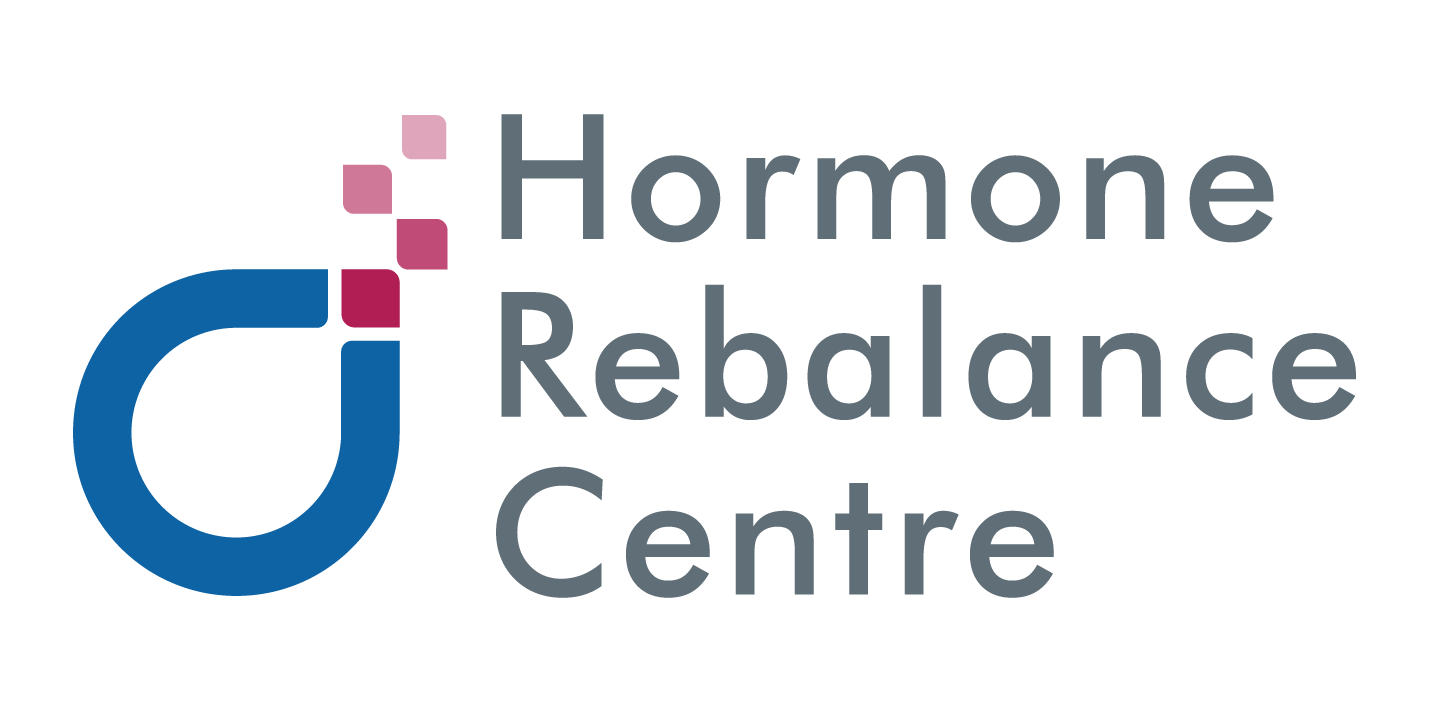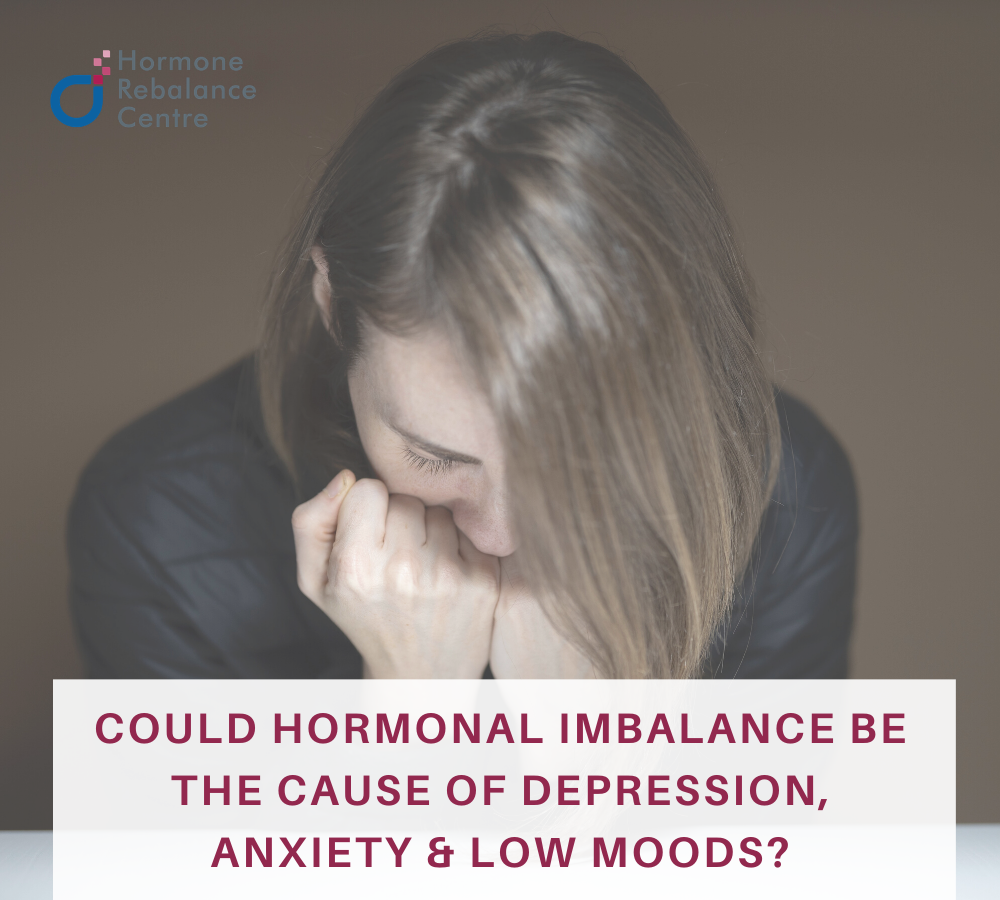Hormones are chemical messengers that regulate the processes and activities throughout the body; including our moods, metabolism, energy levels, our periods, fertility, stress response, sugar cravings, weight and many others.
It is not surprising that for many women, hormonal imbalance is an overlooked cause of many symptoms, while for others it may unfortunately be brushed under the rug and even considered as “normal”.
It’s important to understand that while hormonal changes are normal and in fact expected, there is no need to suffer through them.
If you are struggling with low moods, anxiety, depression or mood swings, any of these symptoms could be caused or triggered by underlying hormonal imbalances.
Here are some hormonal imbalances that can affect our moods and overall emotional wellbeing:
1. Low Progesterone
Progesterone is a female sex hormone which is produced following ovulation. This hormone is converted into pregnenolone which supports healthy brain function, sleep quality and promotes calmness and a sense of wellbeing.
However, after the age of 35 and during perimenopause, our bodies might not produce progesterone with every period. Therefore, if you feel like you are becoming increasingly moody, irritable or flat prior to your periods, it could be due to decreased progesterone.
If you test progesterone through bloodwork, it is best tested on day 19 of your cycle to assess if you ovulate. At our Centre, we use urine for hormone testing as it allows to better see how balanced progesterone is relative to its counterpart estrogen, as well as how the body metabolizes hormones, which can very often be a cause of imbalances that cannot be picked up on blood work alone.
To learn about our signature testing and Hormone Rebalance Advantage program, check out our Hormone Rebalance Advantage Program!
2. Low Estrogen
Estrogen acts like an antidepressant in our brain and aids in serotonin production and prevents its breakdown. Serotonin helps regulate moods, metabolism, sleep, sexual desire and function. Therefore, if your estrogen levels are low, it’s inevitable that the serotonin levels in your brain will also drop.
As you enter peri-menopause and menopause (typically after the age of 40), estrogen levels begin to decline and symptoms like vaginal dryness, hot flashes, night sweats, declining memory and feeling low or depressed start to surface.
Unfortunately women often attribute their symptoms to external factors, such as a changing relationships, children leaving the house, career changes, etc. when in fact there could be measurable, biological changes that could be happening that are driving your low moods.
There are many natural and effective solutions to help support declining estrogen levels. Contact us to learn about your options!
3. Low Thyroid
Thyroid is a butterfly-shaped gland at the front of our neck that is in charge of our entire metabolic rate. Therefore, that is a wide variety of symptoms that can surface due to thyroid issues, which is why is may often go under-diagnosed.
Symptoms include: chronic fatigue, weight gain, slow metabolism, constipation, depression, anxiety, joint pain, feeling cold, hair falling and thinning, etc.
If you are starting to notice signs of depression and anxiety even when you are not approaching your menstrual cycle or not in your menopausal stage, then you might want to get a thorough work-up on your thyroid. We recommend you check TSH, free T3, free T4 and thyroid antibodies.
If your family doctor is unable to test all these markers, we can provide you with a requisition.
4. Low Insulin
Low insulin levels cause hypoglycemia, which is a condition caused by having very low blood sugar levels. If you tend to feel anxious and irritable when you skip meals or within a few hours of eating a high carb meals, then you could be experiencing fluctuating insulin levels.
Low insulin does not necessarily cause anxiety but it can exacerbate the symptoms of anxiety if this is a condition you already struggle with. You may benefit from a low-carb diet, along with other dietary recommendations that are specific to your hormonal imbalances.
If you are struggling with anxiety, depression, irritability, or flat moods, it’s important to know that there could be a variety of hormonal imbalances that may play a role in why you are feeling this way and there are natural and effective solutions that can help you feel like yourself again.
At the Hormone Rebalance Centre, we use urine testing to measure progesterone and estrogen levels, neurotransmitter (brain hormone) markers and nutritional deficiencies such as B6 and B12 levels that can also contribute to depression and anxiety. Learn more about the Hormone Rebalance Advantage Program and the comprehensive testing that we offer.
You are not alone on this journey! We are here to support you, help you get answers and empower you with solutions on how you can get better. Contact us to learn more!


No Comments